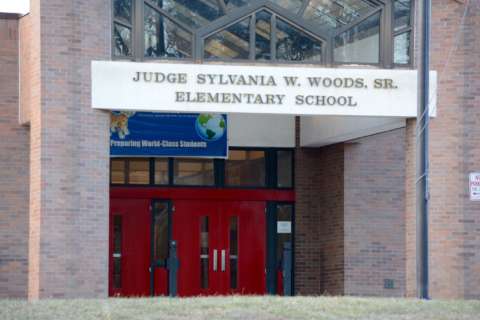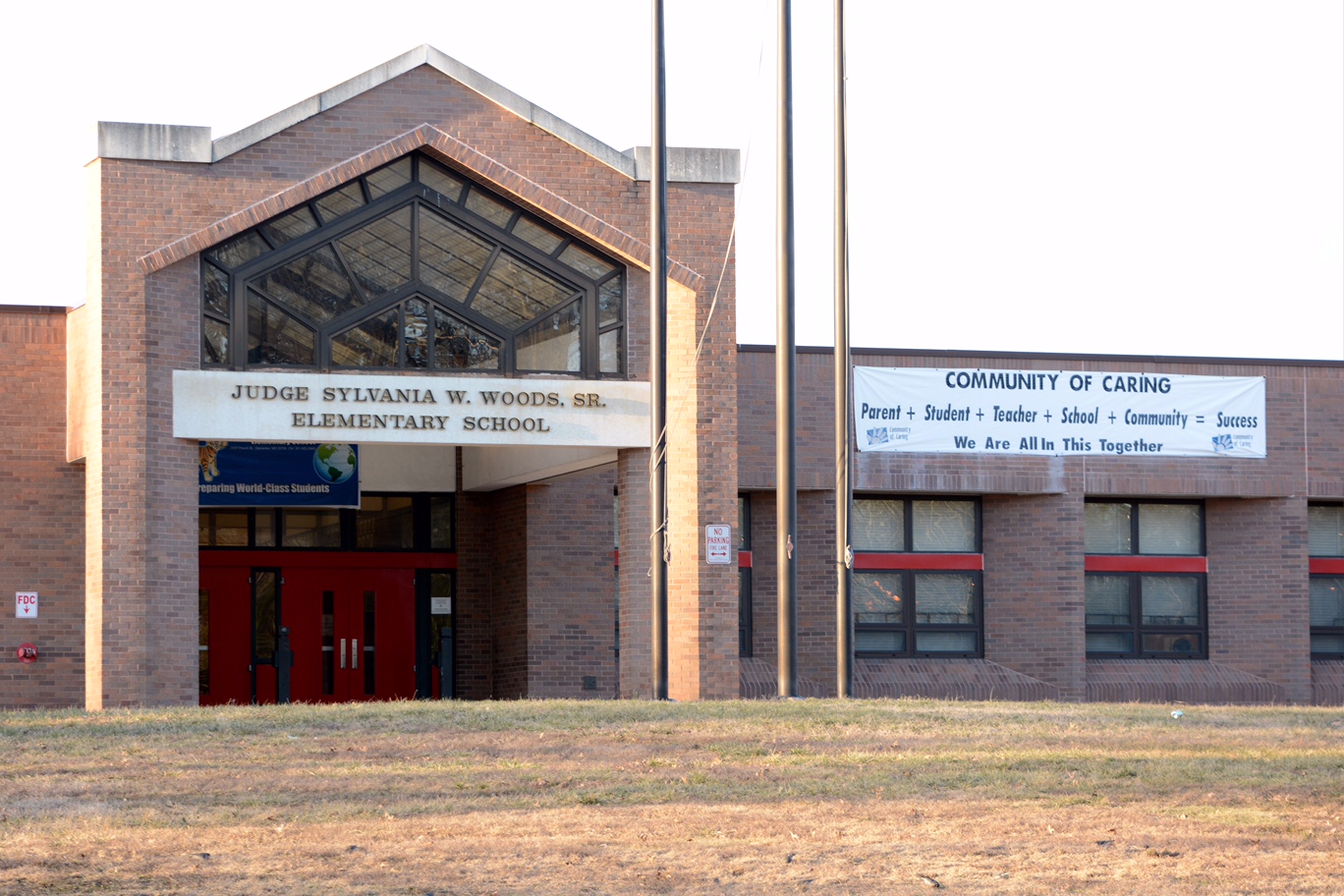WASHINGTON — After a year in which a former school volunteer faced hundreds of charges in a child sex abuse case, and the more recent bus aide accused of molesting a 4-year-old boy, the Prince George’s County public school system has faced more questions about what it does to protect children.
This week, Prince George’s County Executive Rushern Baker acknowledged the concerns of the public. He told reporters that under CEO Kevin Maxwell’s leadership there has been academic progress, but he added that “If people don’t feel safe sending their children to our schools, none of that matters.”
At recent meetings, parents have asked who is screening the teachers, volunteers and staffers who come in contact with children. Friday, after repeated requests for information on screening procedures, the Prince George’s County schools’ communications office put WTOP in touch with two people who vet prospective employees.
Mark Ciccone is the background unit supervisor for Prince George’s County schools. He said applicants who get a conditional offer of hire go through a screening process that includes requiring applicants to be fingerprinted.
Those fingerprints go to Maryland’s CJIS, the Criminal Justice Information System. There is also an FBI report that is designed to pick up any criminal convictions across the country.
Ciccone said the screenings cover more than just teachers or aides. “We even do the volunteers at the schools, the parent volunteers, and contractors and so forth,” he said. “It encompasses just about anybody who sets foot in a school.” Contractors, for example, who may perform work in a school are also subject to screenings.
Deonte Carraway, the former aide and volunteer facing 270 counts in a child sex abuse case, had a juvenile record. But Ciccone said that would have been off limits to screeners because a juvenile record is not public. “It’s sealed to anyone other than someone in the criminal justice system.” Maryland state senator, Anthony Muse, is looking to change that. He is suggesting legislation that would open up juvenile criminal records if the record included sex offenses.
While Ciccone’s description of the screening process suggests that it must be hard for any one who wanted to harm children to slip through the screening, Ciccone points out that screenings have their limitations. “They’re not predictive of future behavior, is the best way I can say it.” But Ciccone adds, “We’re always looking to improve.”
Beginning June 2015, the school system also began to investigate whether applicants had prior contact with Child Protective Services. Deirdria A. Hudnell is in charge of vetting those records. Hudnell was asked whether an individual investigated by CPS would disqualify him for employment. “Not necessarily. It really depends on what you were investigated for.”
Hudnell said the school system’s screening process is one that works hard to weed out anyone not suited to working with children. “I would say that there is definitely a high degree of reasonable assurance in terms of how we’re screening individuals. We are screening them with fidelity.”
When it comes to checking on an applicant’s record at CPS, Hudnell said, “We don’t have a dotted line to social services. We have a straight line.”








